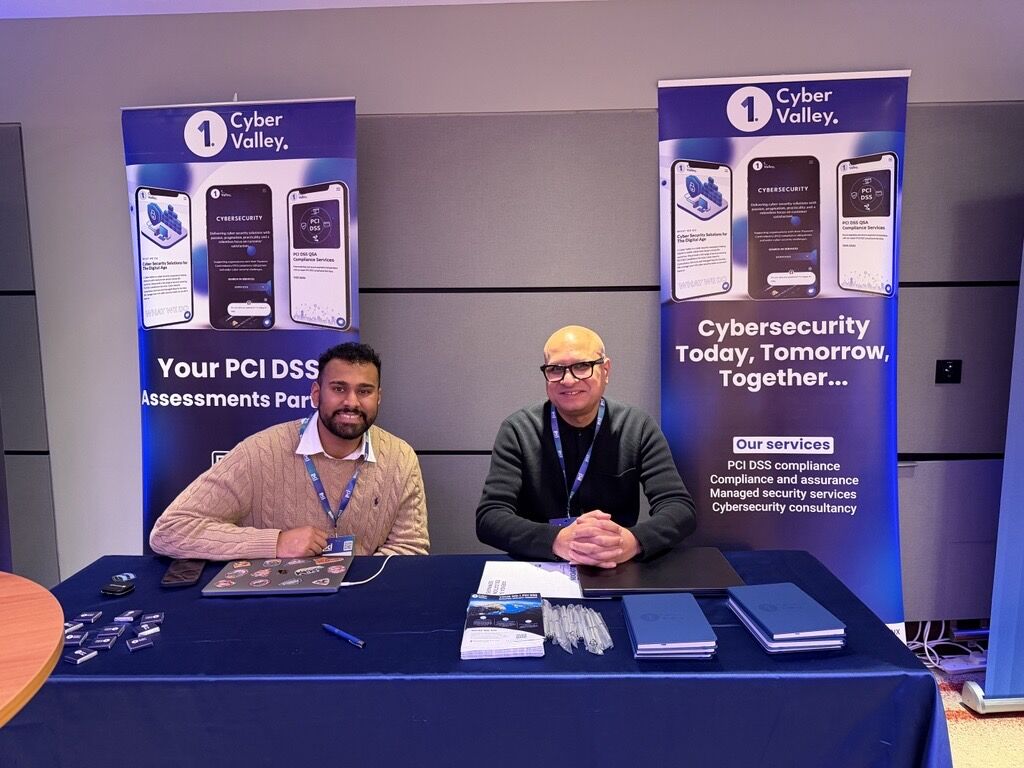The start of a Digital Nation
Millions of transactions are being transformed daily by India's robust and dynamic digital payment ecosystem. Thanks to convenience and innovation, digital transactions have taken over from the busy marketplaces of our cities to the most rural areas of our nation. But with this amazing growth comes an important problem: protecting the private financial information that enables this revolution. The Reserve Bank of India (RBI) has taken a strong stance in regard to this, requiring PCI DSS (Payment Card Industry Data Security Standard) compliance. This is a move that will create an unbreakable wall of security and trust around India's digital economy, instead of just a regulatory update.
What Exactly is PCI DSS, and Why Does it Matter Now More Than Ever?
The Payment Card Industry Data Security Standard, or PCI DSS, is an internationally recognised standard designed to safeguard cardholder information and insure safe financial transactions. It defines a number of operational and technical specifications that all companies whether they are big payment processors or little online retailers, that handle debit or credit card data have to comply to.
PCI DSS is important not only as a compliance checkbox but an important defence for consumer trust and brand reputation in the current digital economy when cyberattacks and data breaches are more common than ever. Organisations can reduce the risk of costly breaches, stay out of trouble with the law, and give customers peace of mind that their sensitive data is being handled with the greatest of caution by following PCI DSS.
The RBI's Stance
The Reserve Bank of India (RBI) is taking a strong measure to protect consumer trust in the fast-growing digital payment ecosystem. Security is crucial for this growth; the RBI has made compliance with global standards like PCI DSS and other security frameworks mandatory. This move was made to create a trustworthy financial environment where both innovation and consumer protection can grow together.
This requirement acts as a commitment for consumer protection. The RBI's rules act as protection against the consequences of financial fraud, identity theft, and data breaches as millions of Indians depend on digital payments. This guarantees a single security standard for all parties involved, from large payment gateways to small businesses, the RBI removes vulnerabilities and provides a reliable layer of protection for all digital transactions.
In the end, the RBI's objectives go beyond simple regulation. To promote wider use and accelerate India's transition to a cashless economy, the central bank aims to promote solid trust by actively implementing strict security measures. The entire digital payment ecosystem is kept secure and ready for the future thanks to this obligation, which also acts as an essential buffer, helping companies in reducing the disastrous financial and reputational impacts connected to a data breach.
RBI's Latest Master Directions
The Reserve Bank of India (RBI) has introduced detailed guidelines to strengthen the security and resilience of digital payment systems in India. These steps are important for companies involved in processing, storing, or transmitting payment card information, ensuring compliance to global standards like PCI DSS.
Master Direction on Cyber Resilience and Digital Payment Security Controls, July 30, 2024, is one of the important directives. Non-bank Payment System Operators (PSOs) are required to put strong cybersecurity safeguards in place as a result. Organisations must assess and improve their security posture by conducting yearly external audits and quarterly internal audits.
- It is also mandatory to conduct biannual Vulnerability Assessment and Penetration Testing (VAPT) in order to identify and remove possible risks.
- Payment apps must follow secure development guidelines and should refrain from keeping private information like PINs or CVVs.
- An in detail Cyber Crisis Management Plan (CCMP) must also be in place to handle any potential cyber events, and data must be maintained in India.
Another essential guideline is the Master Direction on Regulation of Payment Aggregators, updated on September 15, 2025. This applies to both bank and non-bank organisations involved in payment aggregation and combines previous regulations. Non-bank payment aggregators have until December 31, 2025, to acquire licenses or shut down by February 2026.
- A net value of INR 15 crore at the time of application must be increased to INR 25 crore within three years, as part of the capital criteria.
- Compliance with cybersecurity regulations, such as PCI DSS, data localisation, and yearly CERT-In cyber audits, is required.
- Additionally, merchant funds must be strictly segregated through escrow accounts, and refunds must be issued using the original payment method unless the client specifies a different method.
The Way Forward
It is clear from the RBI's mandate that trust and security are the baselines for India's digital economy for the future. Understanding the specifics of PCI DSS compliance may be a difficult process for many firms, requiring a large time, resource, and knowledge commitment.
A reliable companion is really helpful in this situation. Our goal at 1 Cyber Valley as a PCI QSA firm is to help your company navigate each stage of this crucial procedure, from the first assessment and remediation to the last validation. We collaborate with you to integrate strong security procedures into your business processes. We do more than just help you comply with regulations. Working with us guarantees that your company is not only compliant today but also robust and prepared to prosper in the future's safe digital environment.
Get in touch with us today: hello@onecybervalley.com
By 1 Cyber Valley | September 25th, 2025 | Harshita Yadav


.png)











